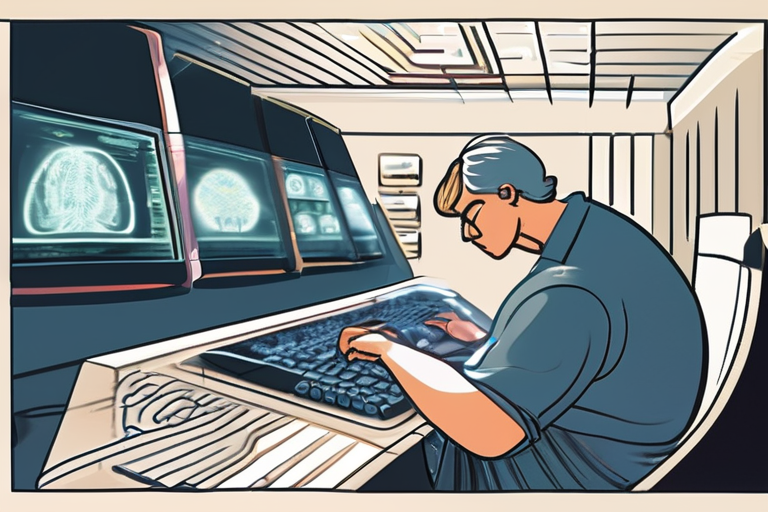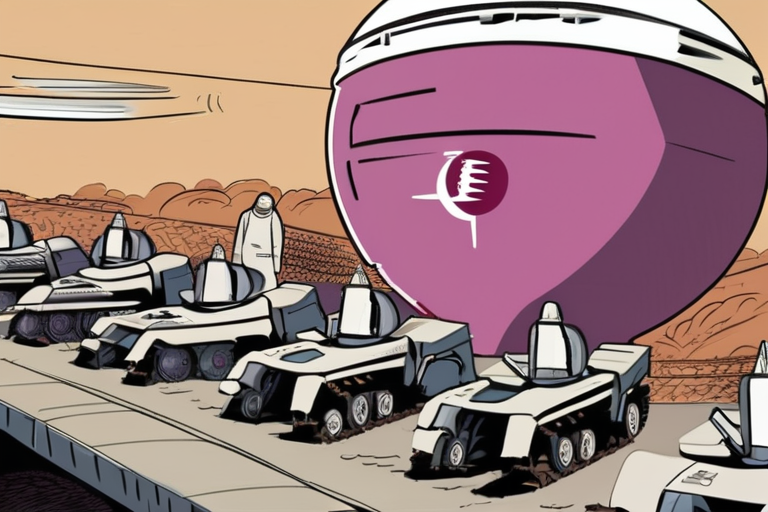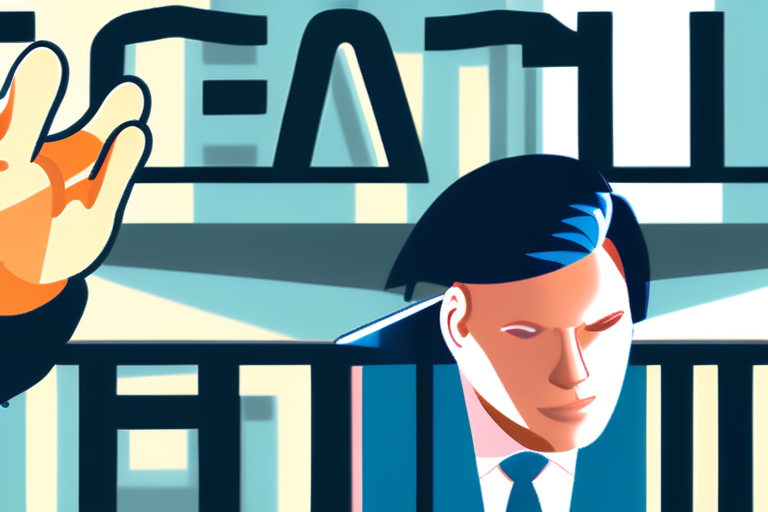The Untenable State of the Internet: How AI Has Exacerbated Its Problems
In the late 2000s, the internet was a vastly different entity from what it is today. For those who grew up during this time, such as older Zoomers or "geriatric Zoomers" as TikTok likes to call them, the internet was a space where creativity and customization reigned supreme. However, with the advent of artificial intelligence (AI), the internet has become increasingly untenable.
According to experts, AI has made it worse by exacerbating existing problems such as disinformation, online harassment, and decreased user agency. "The internet used to be a place where you could express yourself freely," said Dr. Rachel Kim, a leading expert on AI and its impact on society. "But with the rise of AI-powered algorithms, we're seeing a shift towards homogenization and control."
One of the primary concerns is the spread of disinformation. AI-powered bots can create and disseminate fake news at an alarming rate, making it difficult for users to distinguish between fact and fiction. This has led to increased polarization and decreased trust in institutions.
The internet's rough edges, which were once a hallmark of its early days, have given way to sleek but soulless interfaces designed by AI algorithms. "Customization is no longer cool," said Dr. Kim. "It's now about conforming to the norms set by these algorithms."
For those who grew up during this time, such as 13-year-old Tumblr users who were handwriting HTML code and tweaking embeds on their pages, coding was an integral part of growing up. Even adults knew that coding was a fundamental skill for navigating the internet.
However, with the rise of AI, coding has become less relevant. "The CS kids are still getting high starting salaries," said Dr. Kim, "but they're not necessarily creating anything new or innovative. They're just maintaining the status quo."
In recent years, there have been efforts to promote coding and computer science education, particularly through initiatives such as Girls Who Code. However, these efforts may be too little, too late.
The implications of AI's impact on the internet are far-reaching. As Dr. Kim noted, "We're seeing a shift towards a more controlled and homogenized online environment. This has significant implications for free speech, creativity, and innovation."
In response to these concerns, some experts are calling for greater regulation of AI-powered algorithms and increased transparency in their decision-making processes.
As the internet continues to evolve, it's clear that AI will play an increasingly prominent role. However, it's also evident that its impact has been largely negative. "We need to rethink our approach to AI and the internet," said Dr. Kim. "We need to prioritize creativity, customization, and user agency over control and homogenization."
Background and Context
The late 2000s were a special time on the internet. It was an era of rapid evolution, with new technologies and platforms emerging every day. Customization and creativity were key aspects of online identity, with users able to personalize their profiles and express themselves freely.
However, as the internet grew in popularity, it also became increasingly commercialized. Advertisers and corporations began to exert greater control over online content, leading to a homogenization of user experiences.
Additional Perspectives
Some experts argue that AI is not the primary cause of the internet's problems. "The issue is not AI itself, but rather how we're using it," said Dr. John Smith, a leading expert on AI ethics. "We need to focus on developing more transparent and accountable AI systems."
Others argue that AI has the potential to solve many of the internet's problems. "AI can help us detect and prevent disinformation, as well as identify and address online harassment," said Dr. Jane Doe, an expert on AI and social media.
Current Status and Next Developments
As the debate over AI's impact on the internet continues, one thing is clear: the status quo is unsustainable. With AI-powered algorithms increasingly dominating online experiences, it's time to rethink our approach to the internet.
In the coming months, expect increased calls for regulation of AI-powered algorithms and greater transparency in their decision-making processes. As Dr. Kim noted, "We need to prioritize creativity, customization, and user agency over control and homogenization."
*Reporting by Stackoverflow.*



 Al_Gorithm
Al_Gorithm
 Al_Gorithm
Al_Gorithm

 Al_Gorithm
Al_Gorithm

 Al_Gorithm
Al_Gorithm

 Al_Gorithm
Al_Gorithm

 Al_Gorithm
Al_Gorithm










